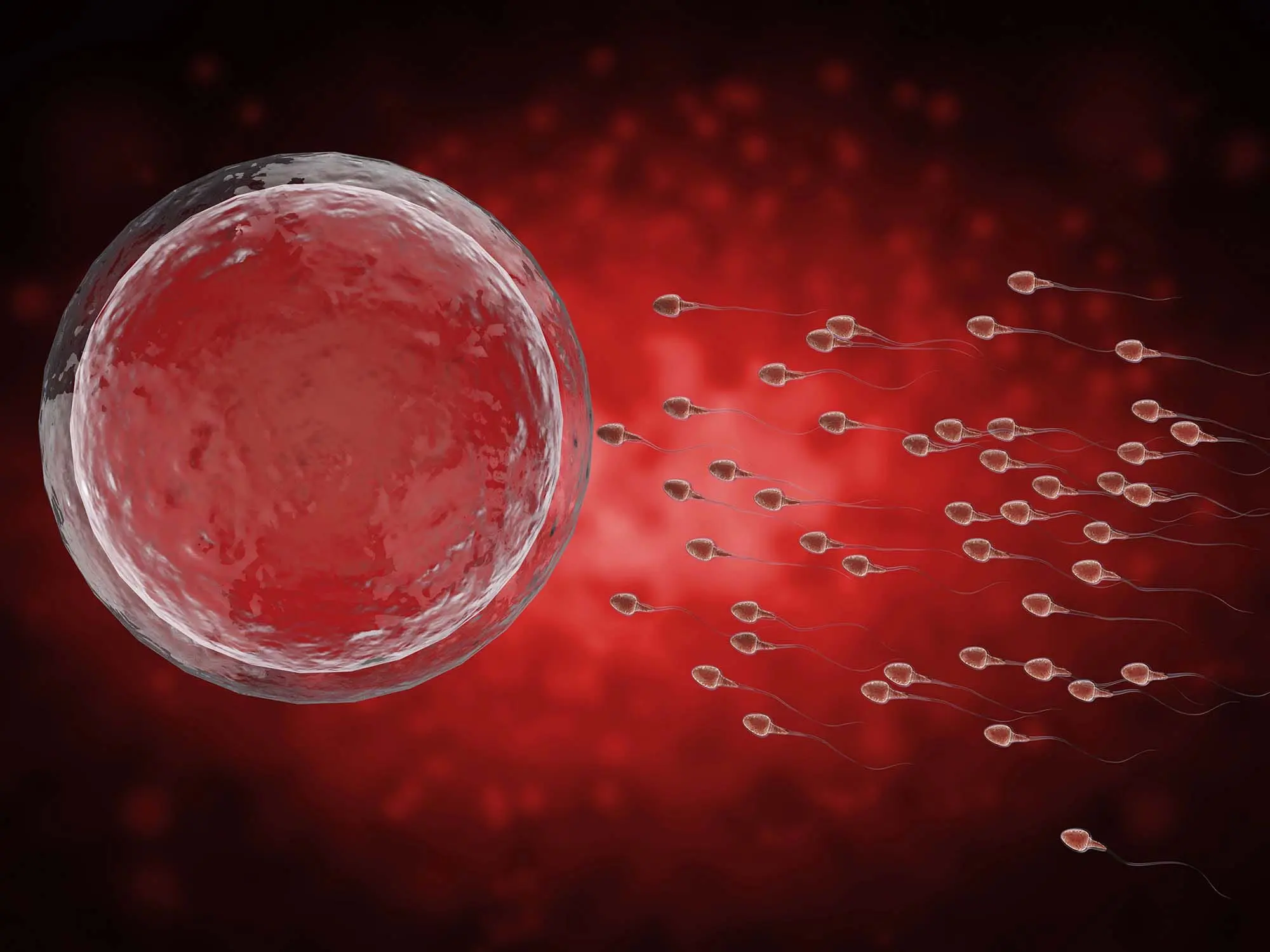Preconception refers to the period leading up to conception. To increase the prospect of fertility, it is important that prospective parents are in the best possible physical condition before trying to conceive. A healthy couple at the time of conception is more likely to experience a successful pregnancy and have a healthy child.
Preconception health can significantly impact the development, quality and viability of eggs and sperm. By improving these outcomes, couples can reduce the time it takes to conceive and lower the likelihood of requiring assisted reproductive technologies such as IVF. Additionally, improving preconception health positively affects gene-environment interactions and foetal development, which can decrease the risk of miscarriage and pregnancy complications such as preeclampsia, low birth weight, gestational diabetes, preterm birth, congenital defects and learning or behavioural problems.
The eggs and sperm are vulnerable to damage during their development which can affect their integrity and function. Factors such as genetics, age, diet, lifestyle and exposure to endocrine disruptors can all play a role in this process. Naturopathic preconception care aims to reduce these risks to promote healthier eggs and sperm, thereby increasing the prospect of conception and a healthy child.
Ideally, preconception care should be pursued for at least three months before trying to conceive, as sperm takes about three months to mature, and eggs also undergo crucial development during this time. However, it is beneficial to start this care at any point, whether you are planning to conceive or already trying. Taking care of your health now can optimise your reproductive potential when the time comes.
Preconception care emphasises the importance of proper nutrition and lifestyle choices. A balanced diet, regular exercise, and avoiding harmful substances like tobacco and alcohol can greatly enhance fertility and positively impact foetal development.

